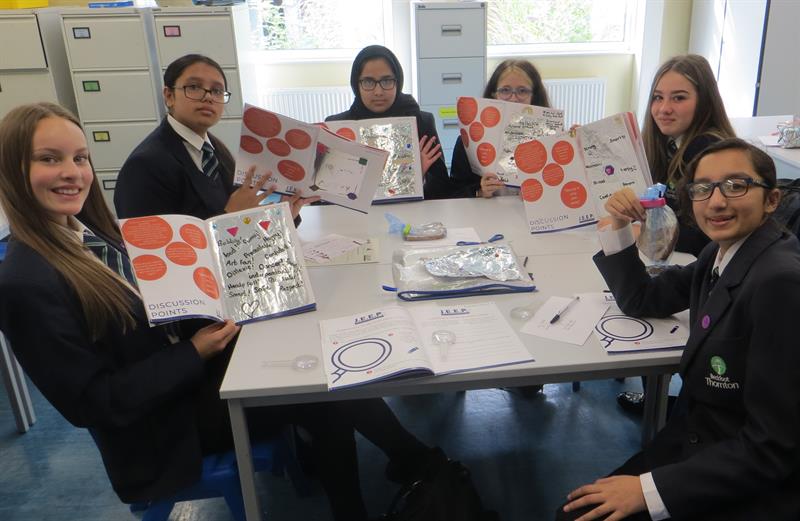
This year’s International Women’s Day is centred around the theme, "Gender equality today for a sustainable tomorrow” drawing on the issue of female representation in the climate debate.
For Saunders, this year’s International Women’s Day brings into focus that gender bias is ever present. It’s everywhere you turn - not only are the majority of people who are displaced by climate change women, but of those significantly affected by the pandemic, the majority are also women. We still have a long way to go.
Looking closer to home, while the facilities management and aviation industries have made great strides forward, there is still a way to go and the events of the past two years show how important it is to protect women in their roles and promote a diverse workforce.
For her, there are two crucial elements which we need to continue to address in our industry in order to create lasting change; representation and the approach to leadership. Historically, aviation has been run by men with women contributing through non-managerial roles. We have seen change but to create real ground swell, we must attract more women who can work their way to into leadership roles or have the transferable skills to step in straight away. To do that, we need to remove the perception that this is an industry where only men thrive by shining a light onto the women who are succeeding.
That’s why observing International Women’s Day is important – as it gives us a platform to project our women into the spotlight. This is a story we tell throughout the year, but when the world turns its attention to women on International Women’s Day, our people must be front and centre.
However, the work to improve representation is not exclusive to the people coming into our business now – we need to be educating young women about our industry and ensuring the perceptions of the industry are changing. One of the major investments ABM has made is the creation of their Junior Engineering Engagement Programme. The J.E.E.P aims to tackle misperceptions of the facilities management (FM) industry amongst young people and their parents and create a pipeline of future talent. It has had over 530 graduates from 23 schools since 2017.

One of the main focuses of the J.E.E.P is to ensure young women are attracted to our industry, with female ABM team members joining the sessions to inspire the young people. ABM has stipulated that at least 50% of each cohort has to be female and in fact, their latest cohort was 64% female. Roles available in the aviation industry is an increasing focus of the programme as they build on their experience and reach.
ABM's approach to leadership is the other key area of focus in her mind; not just how they are ensuring leadership roles are accessible to women, but also in the way which their leaders make themselves available to those who want to call out bias.
They monitor gender diversity and put practices into place that support a more diverse workplace. For example, they founded and implemented an approach to workplace flexibility called WorkWays; a process that all ABM employees go through to ensure hybrid working or working from home is implemented if it is wanted and can be achieved.
In addition, they operate a number of training courses all focused on elevating our inclusion and diversity aims. This allows women to upskill and develop the leadership skills they need to increase senior representation and the female voice in key conversations.
Lastly, our industry needs to ensure that all leaders listen. Women need to be heard and that means an open-door policy from all leaders and all managers which empowers women to speak up on every challenge they have; they need to feel free to call out discrimination and bias at all times.
On a macro level, and circling back to this year’s IWD theme of sustainability, every business in the industry must now have environment, society and governance on the agenda, every day. The UK market is now driven by sustainability and social value. The recent Covid-19 pandemic, brought societal and environmental issues sharply into focus and the UK is now working to deliver the Net Zero Plan by 2050 in line with government policy. This means that we need to eliminate emissions from all operations including that of the supply chain by 2050.
Not only that, but reflecting society’s demographics at its most fundamental level and having systems in place to support those facing challenges whilst building a career were also all brought into focus during the pandemic. We saw working mothers become marginalised as they juggled maintaining a stable family life, being chief educator and entertainments officer all whilst working remotely in either a functional or leadership capacity.
ABM's clients have also recognised these aspects and are driven by the same requirements. They, like the company, need to demonstrate continual improvement to meet the needs of UK policy and the requirements of institutional investors and financiers who need to ensure that their investments in the assets of the UK are in safe hands. ABM's success, in part, drives the success of their clients which is why clear communication and collaboration is key.






